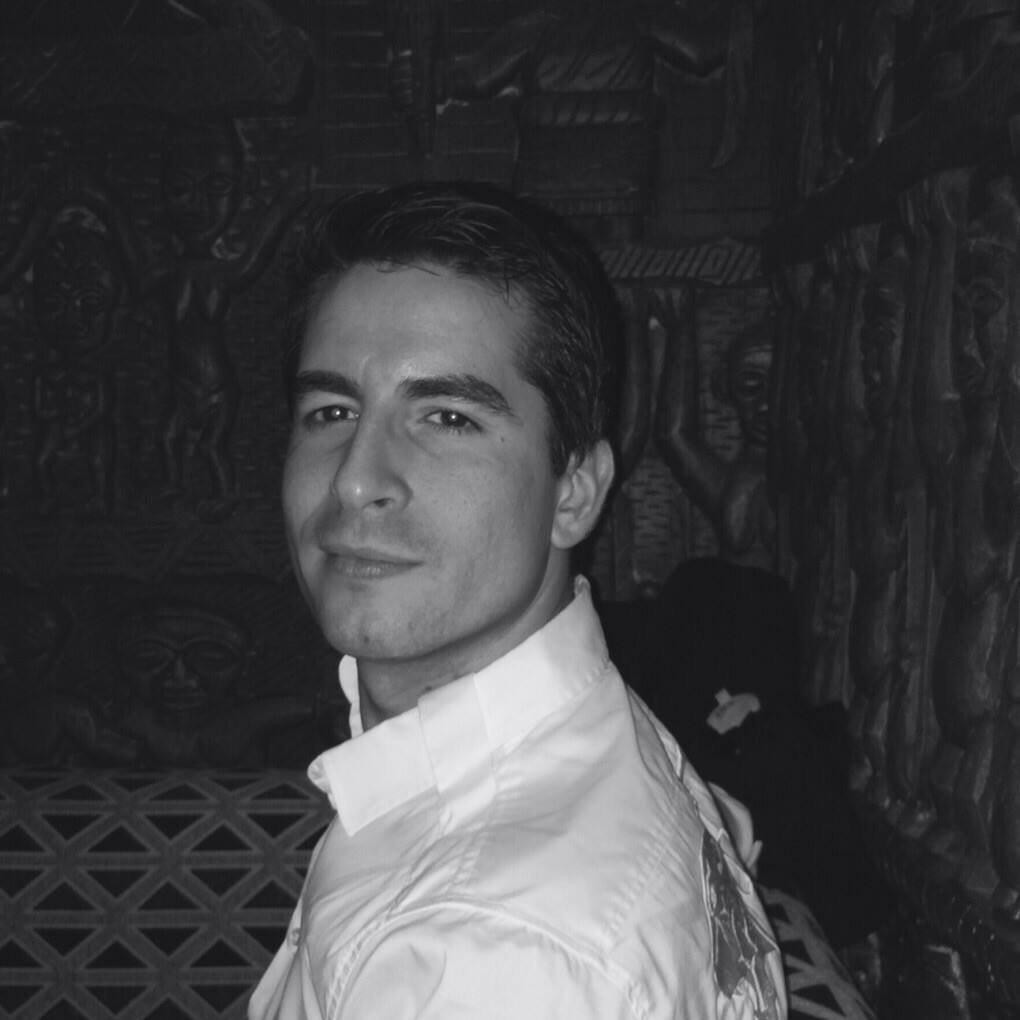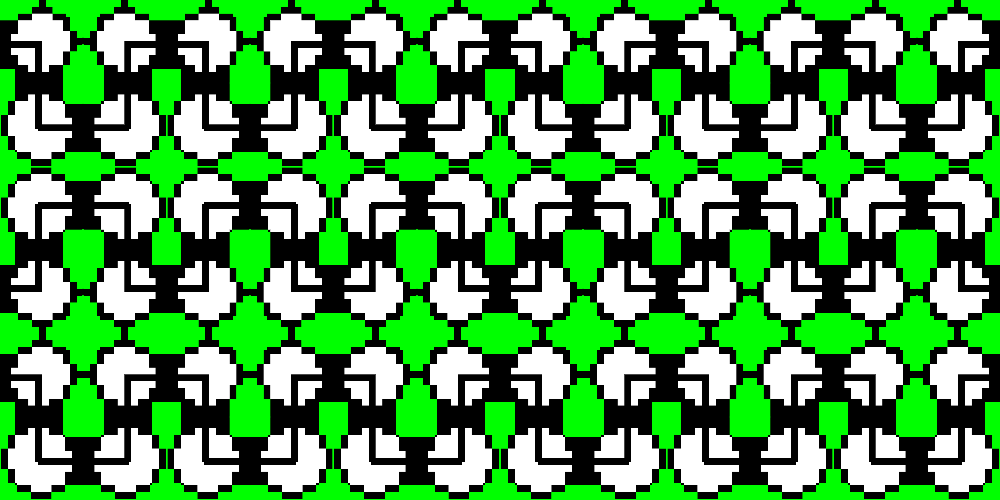Founders Interview

Disclosure**:** Treehouse, the blockchain-powered investment platform, has previously sponsored Hacker Noon.
Today, we’re going to catch up with treehouse CEO Razvan Iordache to discuss how real estate is slated to be disrupted, how the blockchain is changing industries and what’s ahead for ‘treehouse’.
David: What will ‘treehouse’ be? And when will it be available to use?
Razvan: treehouse is a solution to many people’s frustrations and problems when it comes to getting on the property ladder. Think of it as a marketplace that allows people to buy pieces of properties and create their own property portfolio but without the hassle and huge sums of money normally associated with purchasing properties.
Not only that, but the platform then turns around and rents out these properties and people who purchased property rights then get their proportionate rental income — if you bought 10% of the property rights, you’d get approximately 10% of the rent.
On top of that, we have the ‘treehouse foundation’ which is our corporate social responsibility initiative. The aim of the foundation is to help with reforestation around the world. We plant trees.
The first version that the public could play with is currently lined up for release about mid to late September 2018.
What is state of the product?
The product is being built as we speak, with a lot of experiments happening along the way to find out what works best — it’s uncharted territory, and not just from a technical point of view. Some things work, some things don’t. There’s no UI, so we can’t show off what we did just yet.
Why is now the time for your company to exist?
You know how in some action-fantasy films you have mirrors, or planets, lining up to shine a light in some old, decrepit ruin and reveals something amazing for our hero?
The old, decrepit ruin is the very archaic, self-serving real-estate market. The planets lining up are everything required for this to work; technology, regulatory stance, people’s attitude and education in regards to transactions possible over the web, unaffordability of home ownership for many people, a desire to do ‘more’, emergence of the sharing economy.
Literally, everything is converging to allow the creation of a platform like ‘treehouse’ which not only helps people with their dreams and desires, but allows us and everyone in the ‘treehouse’ ecosystem to help make a better world.
The technology is there now — blockchain allows us to ‘tokenize’ assets and assign rights, benefits and ownership in a way that wasn’t possible before Ethereum. When we first started this project, Ethereum wasn’t even out — we were looking to build our own blockchain.
Regulators are starting to take DLT seriously which gives validity and integrity to projects as well as the tech. Most importantly, the real-estate market is ready to be disrupted.
What’s wrong with how real estate investment works today?
‘treehouse’ started because I was having trouble getting on the property ladder — everyone who lives in London knows how hard it is — ‘treehouse’ isn’t just about property investment, it’s about democratizing access to property and commoditizing the market.
Generally speaking, property is illiquid — on ‘treehouse’ you can sell your property specific tokens on the platform’s exchange, so that problem isn’t as pronounced.
To be able to build a property investment portfolio, requires a lot of available capital — most people don’t have that capital at their disposal. The process itself isn’t straightforward with a ton of paperwork, even more so if properties are held in different jurisdictions.
The main problems, I suppose, are that it is illiquid, inaccessible, time consuming and simply unfair to most people. I’m exaggerating a bit here, but ‘treehouse’ solves a lot of that with a click.
What types of real properties (residential, commercial, industrial, or land) do you expect to dominate early listings and long-term listings on the platform?
The first will definitely be residential. The plan is to expand the offering in stages, after residential adding commercial or industrial, land and the ability to also invest in projects. Say a developer is looking to raise funding for a new building; they could come to the platform and people invest in that project.
The sky’s the limit, not just metaphorically, as any asset can be tokenized this way — but to begin with, we’ll stick to residential property.
Democratizing access to real estate investment is a powerful idea. It used to be only for the wealthy. In theory, pocket change and pension funds alike can be small participants in big deals. Why is the blockchain better suited for this than traditional crowdfunding methods?
It’s powerful because it is genuinely disruptive. You are right, it used to be the case, and a lot of the time still is, that only wealthy, well-connected individuals with access to specialist knowledge can invest in real-estate.
I’m not sure the question necessarily is whether blockchain is better suited for this than traditional crowdfunding methods, but whether using blockchain works for what ‘treehouse’ is looking to do.
The answer is a resounding yes — there’s a very well thought out, long term plan for the platform. While it might look like creating a utility token and an asset token serves just one purpose, the reality is that the utility token — which we call Acorn — is essentially the currency unit in the ecosystem. Services can be bought and paid for with this, members can be rewarded, goes without saying that investments can be made with this and so on.
In isolation, I can’t answer the question whether blockchain is better — it’s a technology, and it suits the purpose of what we want to do substantially better than any traditional methods. It’s not easy, because we’re making our own path, but the rewards are far higher, too.
What has been your company’s funding to date?
We’re bootstrapped. Let me go check my credit card statements… But seriously; very little because we didn’t ask for money when we didn’t need it. We do have a seed investor and it gives the company a 7-figure valuation, but I don’t really want to say too much in the public domain just yet, as we have ongoing conversations.
What’s innovative about how ‘treehouse’ is using the blockchain? And what technology other than blockchain are you excited to use?
The ability to allow someone, with as little as $1 and as much as they want, to start building a property portfolio, globally — all the while doing it with minimal fuss and hassle for the user — is truly innovative.
VR and AR are something we’re keenly interested in, and I’m sure you can see why when talking about houses. On a more operational level, we will have AI models to help with property selection, recommendations, and so on.
You also have “a social responsibility initiative called the ‘treehouse foundation’ which invests in projects that combat ecosystem degradation and reforestation projects across the globe.” How is that going to be structured? Has it started? And what type of impact do you expect it to make?
I grew up with trips to the mountains, getting lost in forests, away from the big city. I want to make sure my kids get to have similar experiences. Maybe not so much get lost, but enjoy the forest and its amazing ecosystem.
The ‘treehouse foundation’ is going to be essentially a non-profit organization, which will back projects that combat ecosystem degradation and plant trees. It hasn’t started yet, because the platform hasn’t started, but it will as soon as we are ready with the platform.
I’m hoping the impact will be visible from space…
Could you describe your team? And how do you expect it to grow?
I wrote an article recently about ‘how do you know when you have the right team’ — and the conclusion I arrived at after many days of pondering was strikingly poignant. If I got crushed by a tree tomorrow, it would be slightly ironic, but would the project continue? Yes.
The team is incredibly motivated and every single person is working without the need for direction or pushing. Mihaly Csikszentmihalyi would say our team achieved ‘flow’.
Our core team comprises of 2 full-stack developers (Alin Iacob, Andrei Mateescu), Emile Dubie and Bastiaan Don who are strategic advisors, Alex Barnes and myself who are the original founders along with Marine Varlet who is our designer, Electra Japonas our legal counsel and Patrick Colas who is our environmental project adviser.
What is your company’s biggest threat/s?
Technically speaking, it’s the same highly unlikely, but highly terminal issue for every blockchain firm, of whether suddenly governments outlaw the use of distributed ledger technology for transactions.
Realistically though, especially with the moves towards more and more regulation — this is not going to happen and the genie is out of the bottle in regards to DLT.
Can you describe how your tokens will work and how they will be allocated?
‘treehouse’ uses two types of token — one can be described as an utility token (ACRN or Acorn), and the other is an asset token. The asset token is called the Global Asset Ledger token (GAL).
The Acorn token has properties that are more like a cryptocurrency and it certainly behaves as such; fiat or other cryptocurrency can be used to purchase Acorns at the market determined rate, so it has a value and it can be spent.
Acorns trade on exchanges outside our platform, unlike GALs, and it also generates income derived from the activities of the ‘treehouse foundation’. Ultimately, the purpose of the Acorn token is to facilitate the operating of the platform by allowing people anywhere in the world to exchange their fiat or crypto for Acorns and invest in a portfolio of properties anywhere, as long as the platform operates there.
It is deflationary by design since only 400 million Acorns are ever minted but as I mentioned before, holders actually receive income generated from the ecological aspect of ‘treehouse’ and the ‘treehouse foundation’.
Each GAL is unique to the asset itself. This means that in effect, we are creating a ‘mini-ICO’ each time an investment is listed on the platform. By having a unique token assigned to each asset, we can then directly track the value of the asset and peg the amount of money invested to the value of the property.

